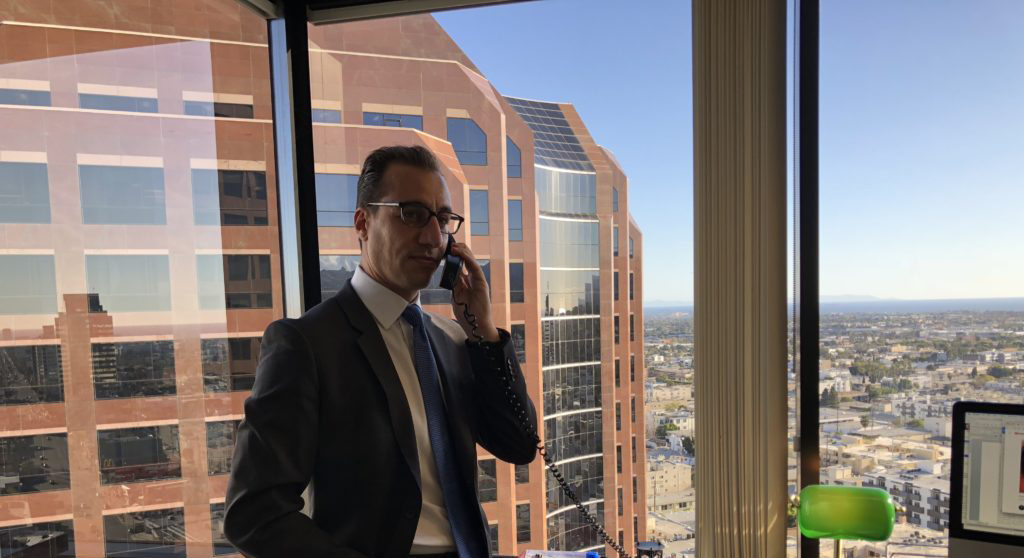When entrepreneurs, trademark owners, inventors and technology startups begin the innovation process, start to consider product development strategy, product marketing strategy and other matters, the question of how and when to hire a startup lawyer arises.
What is a Startup Lawyer?
There is no “startup law” in traditional legal areas of practice like there is, for example, criminal law or copyright law. “Startups” are not covered specifically on any bar exam, so what exactly is a startup lawyer?
While there is no single definition, any attorney offering legal services as a startup lawyer should be competent in providing legal advice to startups and early stage companies. While the nature of legal advice by a startup legal consultation attorney may vary depending on the specific business and stage of development of the startup, some common topics of discussion with a startup law firm are below.

Topics of Discussion When Hiring a Startup Lawyer
Entrepreneurs, technology startups, or other new business looking for a startup attorney may consider the following topics of discussion useful in evaluating the attorney’s competence in the field of startups and technology law.
- What is the attorney’s experience in representing startup companies?
- What types of legal tasks has the attorney performed for startup companies?
- How is the attorney’s office structured and will the startup be working with the attorney or a member of their legal staff?
- How are legal fees determined?
Entrepreneurs may also find our previous blog on 7 Questions to Ask Before Hiring a Business or Intellectual Property Lawyer useful in their startup attorney search considerations.

How to Find a Startup Lawyer
Most entrepreneurs and technology startups looking to hire a startup law firm may ask their friends and family for referrals to an experienced startups attorney. Other sources may include a general google search, however, the entrepreneurs may prefer to work with a startup attorney in markets such as Los Angeles where technology, intellectual property law, and other startups are a dominant part of the local industry, and the attorney may be more connected to the startup industry, and therefore provide better advice to the startup.

